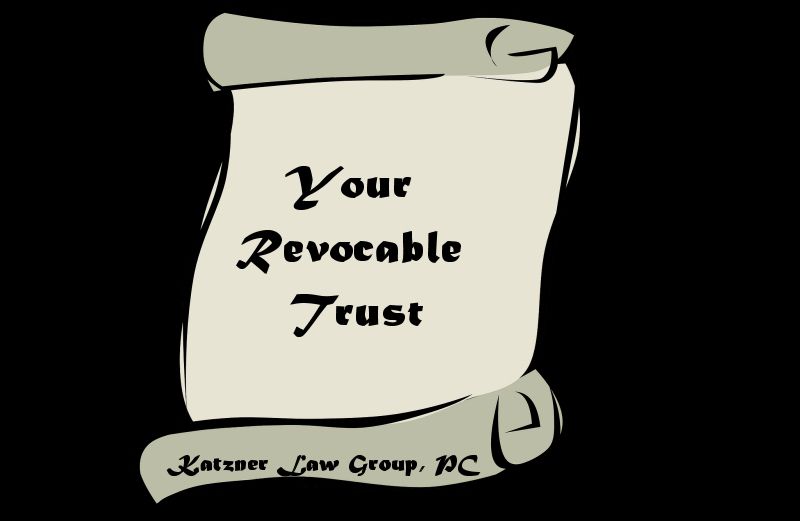Your Revocable Trust: It May Not Protect You from Lawsuits
Here’s a common myth about revocable trusts: Many people believe that when they set up and transfer assets to a Revocable Living Trust, lawsuits can’t touch these assets, and anything placed in the trust will be protected from legal action. This is a false assumption that can lead to serious confusion, headaches, and legal problems when the truth sets in.
A vast difference exists between 1) asset protection for beneficiaries and 2) asset protection for the owner who created the trust. Very few trusts protect assets in the second category (though some certainly do and are discussed below).
Why create a Revocable Living Trust if the assets are not protected?
Here’s what a Revocable Living Trust can do for you:
- This type of trust will allow the creator (you) to safeguard assets that you intend to pass to your spouse and children, granting protections that beneficiaries are not able to put in place themselves.
- If you become incapacitated, this type of trust includes a plan that will still allow you to decide who will manage your assets while you’re incapacitated, avoid court interference, let you stay in control, and spare your loved ones from stress, cost, and difficult decisions that come along with most any court process.
- This trust lets you avoid probate, minimizing the time, cost, and hassle involved in settling your final affairs.
- The privacy granted by the Revocable Living Trust lets you keep your affairs within the family and avoid a public court process.
So, is it wise to set up a Revocable Living Trust for your family? The answer is invariably yes; but if you’d like to build in legal protections, you’ll need to take some additional steps.
How can you protect your assets from legal action?
Smart, thorough estate planning starts with insurance. So, you’ll need to establish a strong insurance foundation that can provide protection for auto, business, disability, homeowners, etc. This should also be your 1st line of asset protection planning.
The second line of defense, often appropriate for real estate investors and business owners, is a legal entity designed for asset protection purposes such as an LLC or Corporation.
The third layer of defense, an area in which we do much work for wealthy individuals, physicians, or others at risk of creditor issues, is what is commonly referred to as a Domestic Asset Protection Trust (usually one of a Hybrid structure for those not living in a Domestic Asset Protection Trust jurisdiction).
While a Revocable Living Trust can provide great value to your estate and this type of trust can be drafted in a way that can provide asset protection for your loved ones; just don’t assume that protective language is inherent in the revocable trust structure you’ll be living with during your life. There are additional steps you’ll need to take to protect your assets from undeserving creditors. If you have questions about your trust or you’d like to create a trust from the ground up, talk to our team! We’ll review your existing plan, if you have one, and we’ll help you take steps to secure your family’s financial future.
You can schedule a call with us or reach us directly at 855.528.9637 to learn more about how best to plan today to protect those most important to you.





